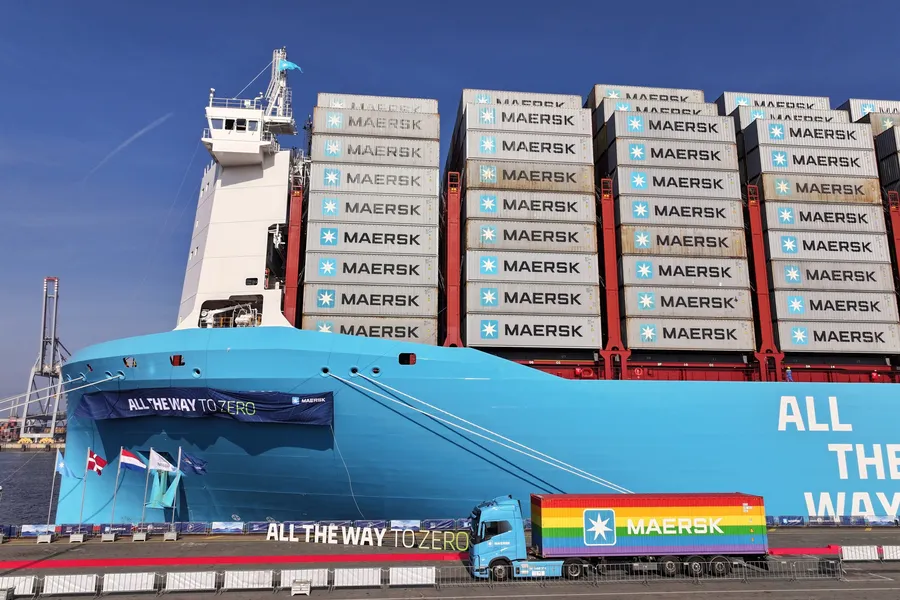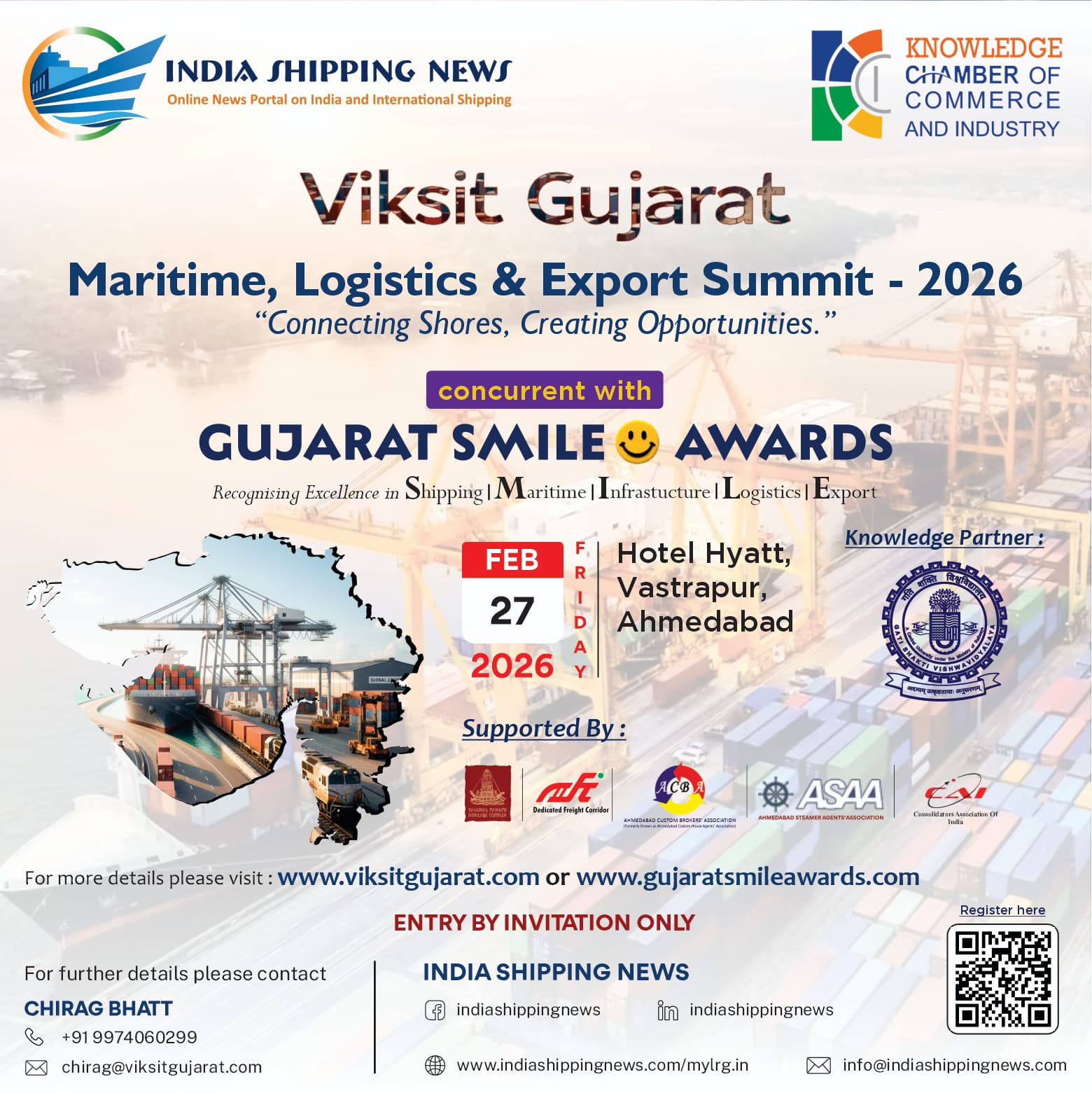
How Maersk & Coca-Cola use AI for improved supply chains
COPENHAGEN : With 86% of economists advocating for AI adoption up and down supply chains, businesses like Maersk & Coca-Cola are getting ahead and deploying new systems. The age of globalisation has made international trade seem easy.
While it’s true that trade has never been easier, global supply chains are still precarious things, susceptible to shocks and externalities.
One needs only look back over the past five years for examples of this.
The COVID-19 pandemic, the crash of the Ever Given in the Suez and the recent cyberattacks on UK supermarkets have all destabilised supply lines, leading to shortages of goods and fluctuations in costs.
In an effort to boost the resilience of their supply lines, many companies are now turning to AI.
With the World Economic Forum’s Chief Economist recently revealing that 86% of economists believe businesses must take the lead in implementing AI infrastructure, this seems like a sensible move for the interests of companies and consumers all around the world.
The role of AI in the modern supply chain
Global trade faces increasing challenges as geopolitical tensions rise, with more than 60 countries preparing retaliatory measures in response to tariffs imposed by US President Donald Trump.
These developments have forced organisations to reconsider trade routes and prepare for uncertainty.
However, agentic AI systems offer sophisticated solutions for supply chain management, capable of detecting regulatory changes, rerouting shipments and updating documentation autonomously.
These systems can monitor global events, including weather patterns, sanctions and cyber threats in real-time, while performing compliance checks to prevent costly delays and fines.
How digital twins are transforming ports around the world
Maersk exemplifies successful AI implementation in supply chain operations through its digital twins technology.
“We have all these inputs from our terminals, from different sensors and data,” explains Krishnan Srinivasan, Chief Data Officer at Maersk.
“And we have actually created a complete digital twin of the whole terminal.”
The technology enables Maersk to conduct scenario testing without real-world resource commitment.
“This provides us with the capability to do ‘what if’ scenarios – much ahead of time,” Krishnan adds.
What used to take days takes hours.”
Managing demand with AI
Coca-Cola demonstrates another successful application of AI in supply chain management through its Customer Demand & Supply Planning system.
The company utilises machine learning (ML) for scenario planning and sales forecasting, ensuring efficient product distribution.
José Antonio Echeverría, Chief Customer Service & Supply Chain Officer for Coca-Cola Europacific Partners, says: “This will help us to deliver better service for our customers and move forward on our journey to realise what the factory of the future looks like.”
“We are adopting and continually exploring new technology to improve and enhance how we work – creating an efficient, safe and sustainable supply chain,” he continues.
While AI offers clear advantages for supply chain management, adoption rates remain below optimal levels.
Companies that hesitate to implement AI-assisted systems risk facing increased challenges and uncertainty in supply chain operations.
To maintain competitiveness and resilience, business leaders must embrace intelligent infrastructure within their trade ecosystems.

